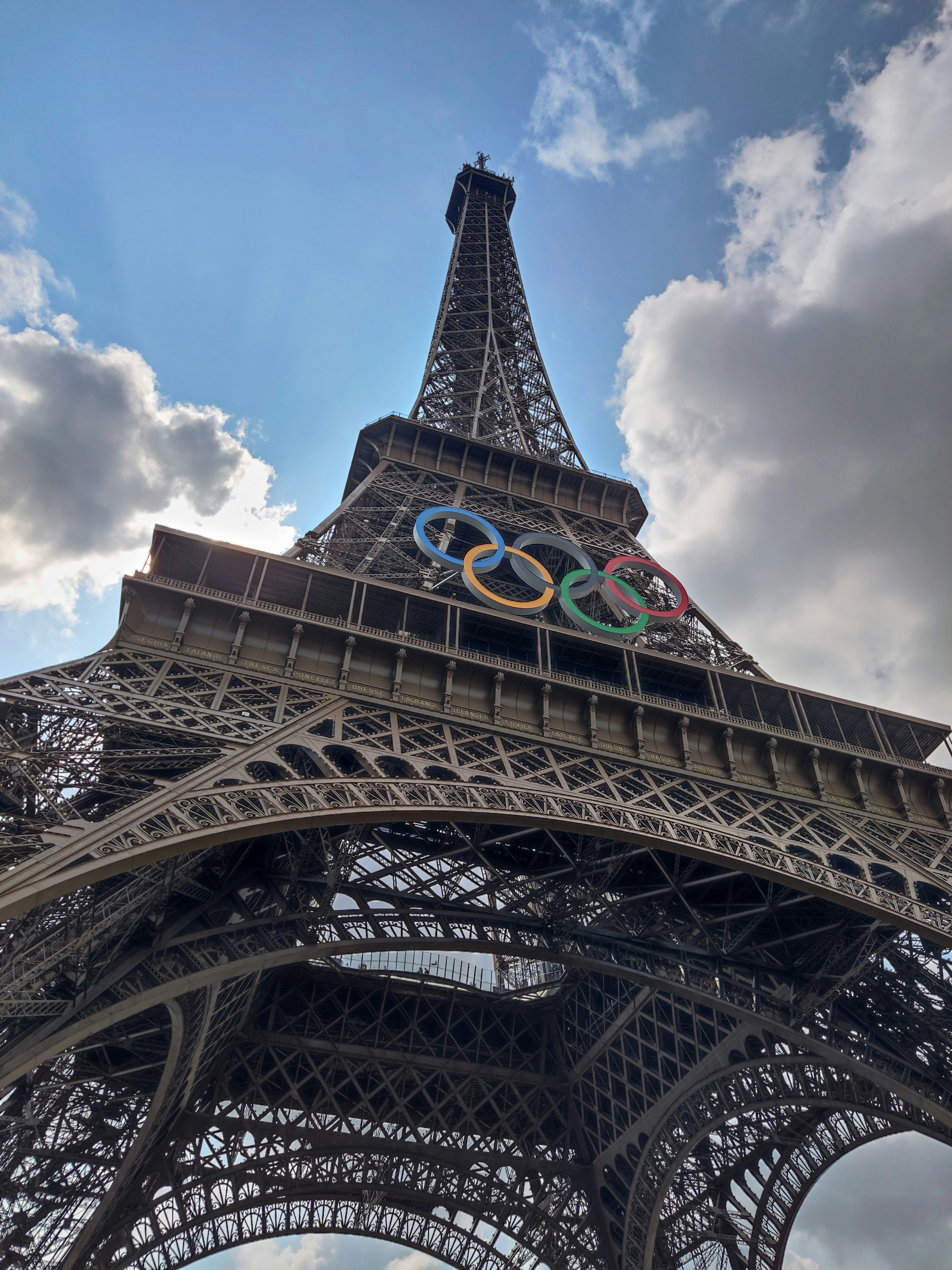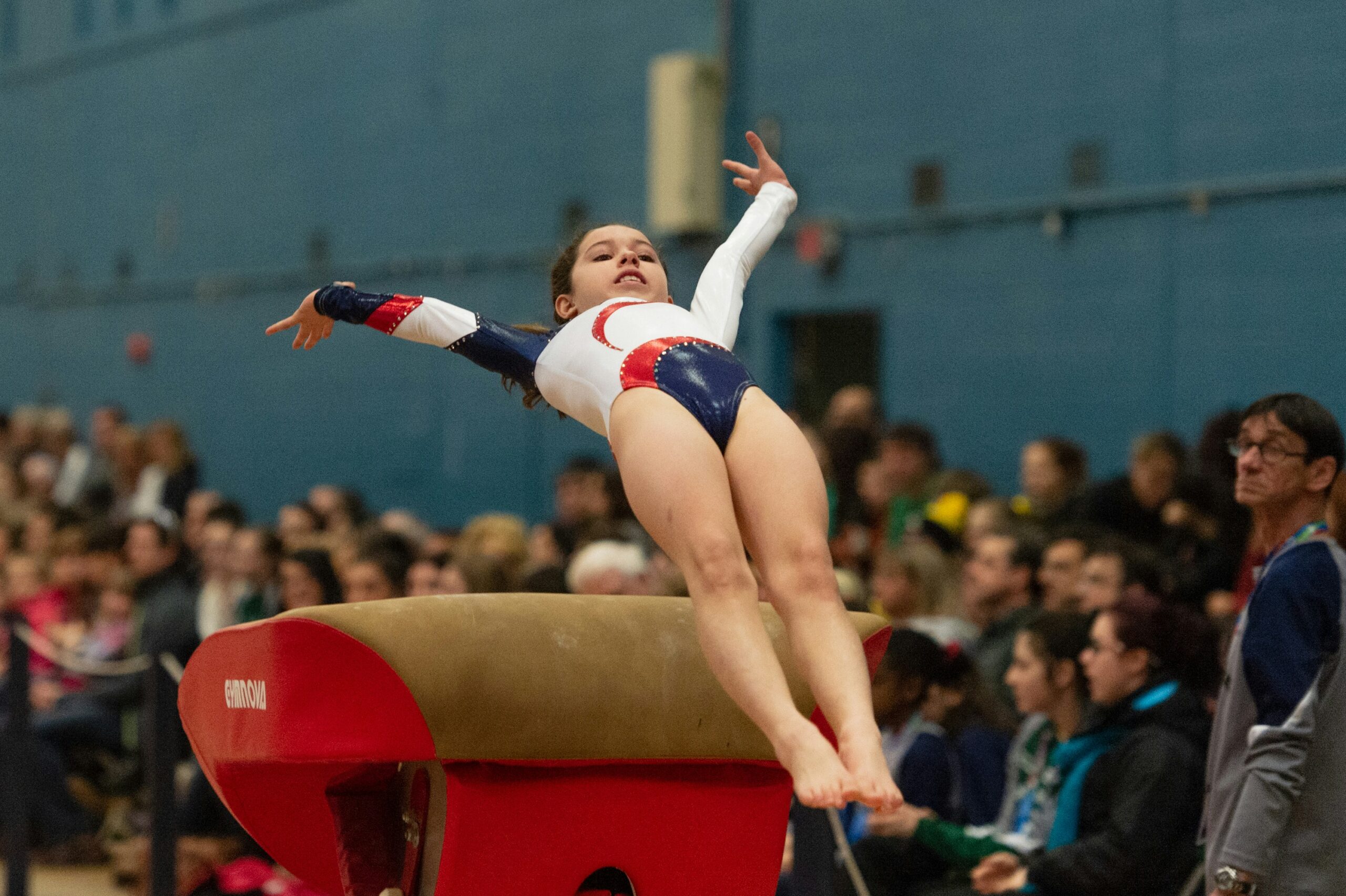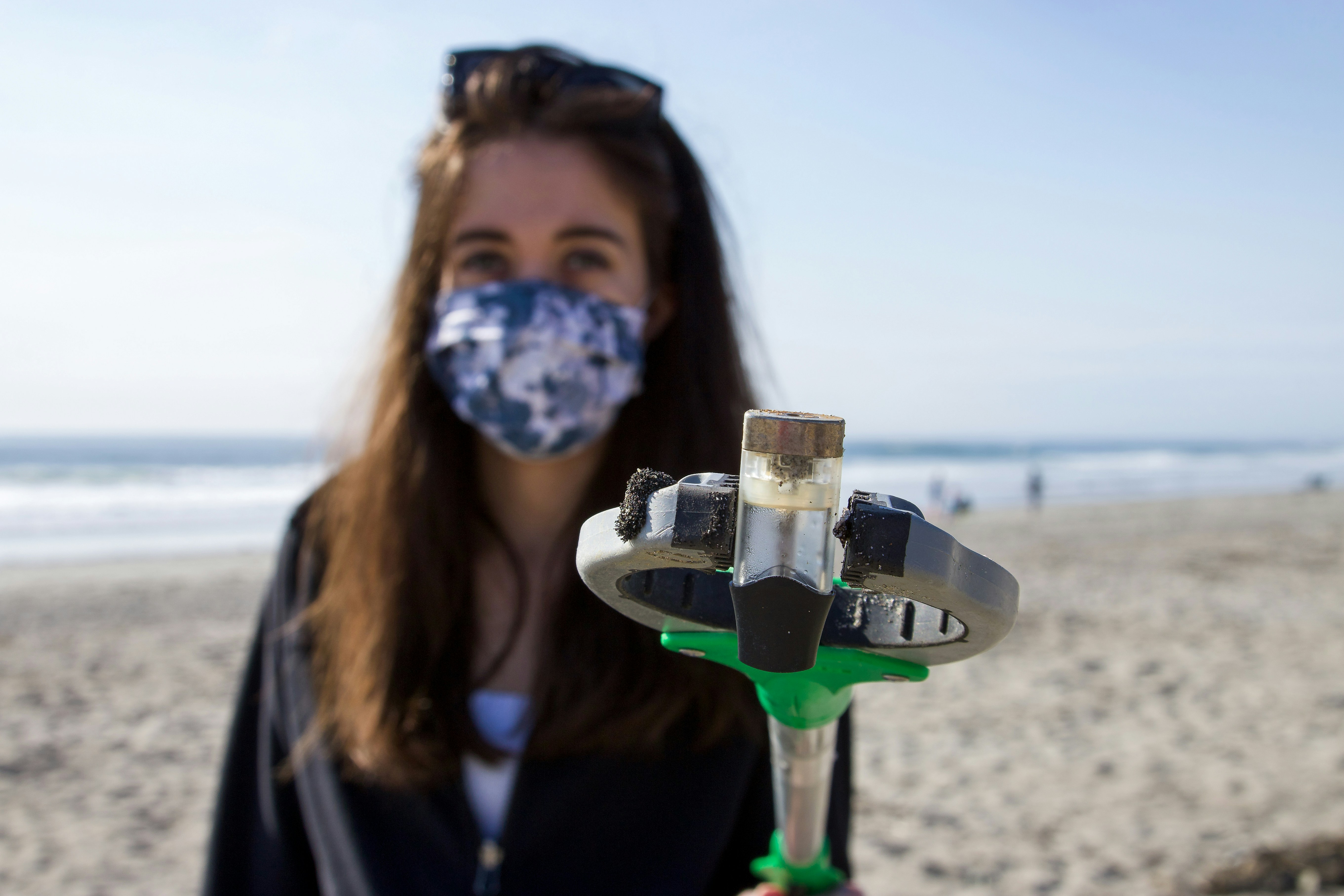Introduction: Celebrating the Architects of Olympic Glory

When we think of the Olympics, our minds often drift to the athletes whose incredible feats capture the world’s attention. Yet, behind every gold medal, every record-breaking performance, and every unforgettable moment, there’s an unsung hero working tirelessly behind the scenes—the coach. This blog post is dedicated to the coaches who play a pivotal role in shaping Olympic champions. We’ll explore the impact they have, the challenges they face, and share inspiring stories of some of the greatest Olympic coaches in history.
The Role of a Coach: Beyond the Training Sessions

Coaches do more than just design training programs and strategies; they are mentors, motivators, and sometimes even surrogate parents to their athletes. The relationship between an athlete and a coach is built on trust, understanding, and mutual respect.
A coach’s responsibilities include:
- Developing Training Regimens: Tailoring workouts to enhance an athlete’s strengths and improve their weaknesses.
- Strategizing: Planning competition strategies that play to the athlete’s strengths and exploit competitors’ weaknesses.
- Providing Emotional Support: Helping athletes navigate the psychological pressures of competition.
- Ensuring Overall Well-being: Managing the athlete’s health, nutrition, and recovery to prevent injuries and ensure peak performance.
Challenges Coaches Face: The Invisible Struggle

Despite their crucial role, coaches often operate in the background, away from the limelight. They face numerous challenges, including:
- High Expectations: The pressure to deliver results can be immense, often leading to stress and burnout.
- Limited Recognition: While athletes receive accolades and fame, coaches rarely get the recognition they deserve.
- Financial Constraints: Many coaches work with limited resources, especially in less popular sports or countries with smaller budgets for athletics.
- Balancing Acts: Coaches must balance pushing their athletes to their limits while ensuring their physical and mental health.
Inspiring Stories of Legendary Olympic Coaches

1. Bob Bowman and Michael Phelps
Bob Bowman is best known as the coach who guided Michael Phelps to become the most decorated Olympian of all time. Bowman’s meticulous attention to detail and innovative training techniques helped Phelps achieve 23 Olympic gold medals. Their partnership is a testament to the power of a strong coach-athlete relationship.
2. Anatoly Tarasov: The Father of Russian Ice Hockey
Anatoly Tarasov revolutionized ice hockey training in the Soviet Union, leading the national team to three Olympic gold medals. His innovative methods, including using ballet to improve players’ agility, transformed Soviet ice hockey into a dominant force.
3. Bela Karolyi and Nadia Comaneci
Bela Karolyi, the legendary gymnastics coach, discovered Nadia Comaneci at the age of six. Under his guidance, she became the first gymnast to score a perfect 10 at the Olympics. Karolyi’s coaching philosophy, which combined rigorous training with psychological support, helped Comaneci achieve unprecedented success.
4. Patrick Mouratoglou and Serena Williams
Patrick Mouratoglou has been instrumental in Serena Williams’ continued dominance in tennis. Since becoming her coach in 2012, he has helped her win 10 Grand Slam titles and an Olympic gold medal. Mouratoglou’s ability to adapt training techniques and strategies to Williams’ evolving game has been crucial to her sustained success.
The Science Behind Coaching: Techniques and Innovations

Modern coaching has evolved significantly, with science playing a pivotal role in training methodologies. Coaches now have access to advanced technology and data analytics to enhance performance. Here are some innovations:
- Biomechanics: Analyzing an athlete’s movements to improve technique and prevent injuries.
- Sports Psychology: Using mental training techniques to boost confidence and focus.
- Nutrition and Recovery Science: Tailoring diets and recovery programs to optimize performance and health.
- Wearable Technology: Utilizing devices that monitor physical metrics like heart rate, speed, and fatigue levels to fine-tune training programs.
Conclusion: Honoring the Architects of Athletic Achievement
Coaches are the unsung heroes of the Olympics, dedicating their lives to shaping athletes into champions. Their expertise, dedication, and relentless pursuit of excellence make the incredible feats we witness at the Olympics possible. As we celebrate the athletes who capture our hearts and imaginations, let’s also honor the coaches whose unwavering support and guidance are the backbone of Olympic glory.
Have you ever had a coach who made a significant impact on your life? Share your stories in the comments below. Let’s start a conversation about the remarkable influence coaches have, not just in sports, but in all areas of life.
References:
- International Olympic Committee. (2021). The role of the coach in elite sports. Retrieved from Olympic.org
- “Michael Phelps’ Relationship with Coach Bob Bowman.” (2021). Biography.com. Retrieved from Biography
- “Anatoly Tarasov: The Father of Russian Hockey.” (2018). Ice Hockey History. Retrieved from Ice Hockey History
- “Bela Karolyi and the Making of an Olympic Champion.” (2020). Gymnastics Archives. Retrieved from Gymnastics Archives
- “Patrick Mouratoglou’s Impact on Serena Williams’ Career.” (2021). Tennis World. Retrieved from Tennis World




